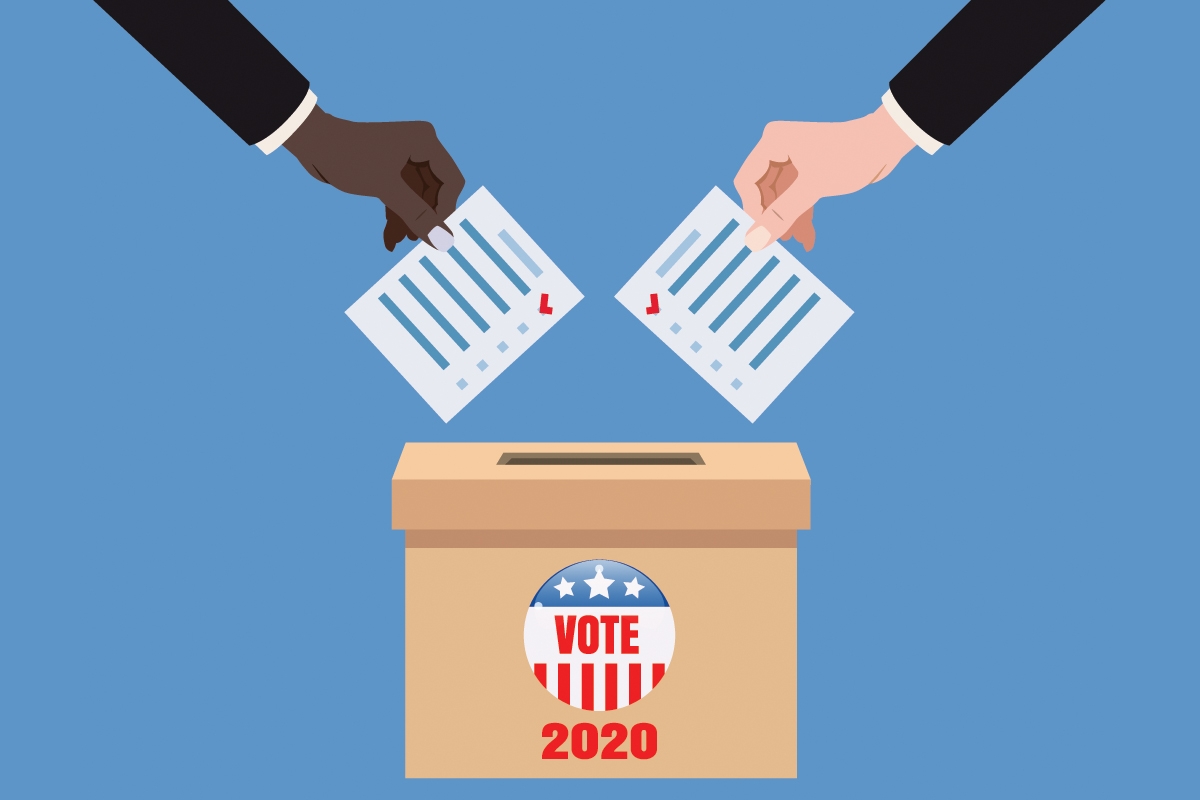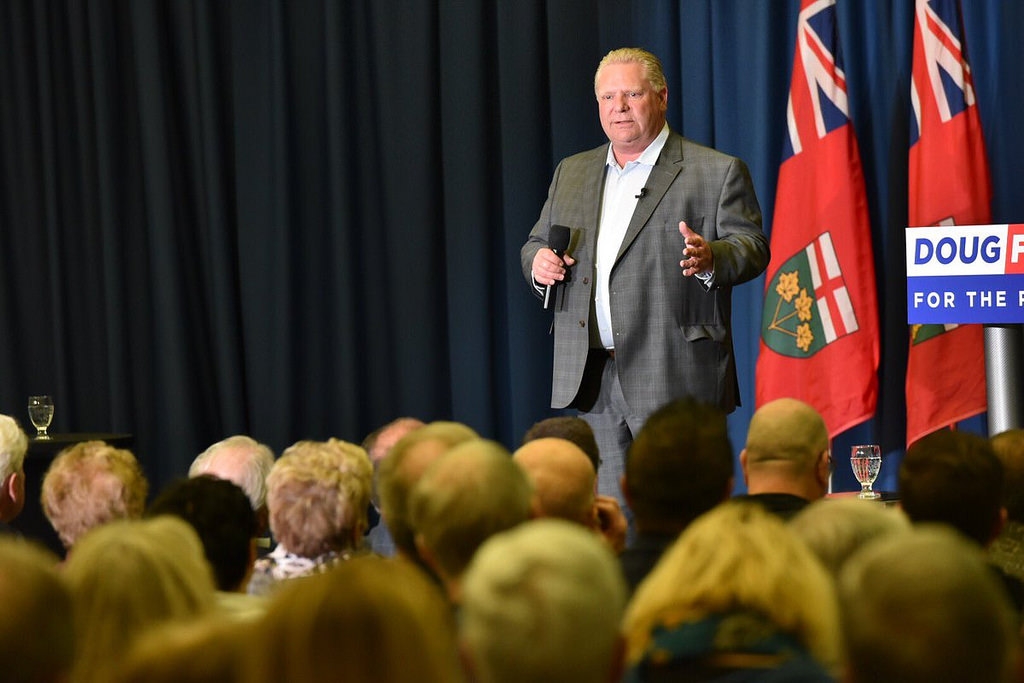
America, we need to talk.
Well, if that was the American election, we had it.
Notwithstanding the almost inevitable chicanery and nonsense likely to occur between now and January 20th about which I’ve written previously, the fat lady has sung and Joe Biden will win the presidency by 36 Electoral College votes and 5m+ direct votes.
As a result, our collective, global Trumpian nightmare is about to end.
Or is it?
Whatever happens after January 20th, over 70m Americans voted for Donald Trump. In other words, after watching the massive dumpster fire that has been the Trump presidency; the ~250k Americans who have died of covid; the largest protests against systemic racism in a generation; and an endless series offensive, nasty, childish, petulant, largely-incomprehensible Tweets, twice the population of Canada showed up to say “we’d like four more years of that, please!”.
In fact, despite the otherwise largely delusional nonsense spewing from the Trump spawn since election “night”, the threats leveled against potential 2024 GOP presidential candidates carry real weight: Trump has proven that 2016 was not an aberration, that he has a largely and hugely loyal following and he’s not truly going away any time soon.
In short, if 2020 was a moral test for America, the closeness of the election as a result of the number of votes Trump received makes it clear that America failed.
As a result, accessing Trump’s organization will be a key constituency for some number of 2024 primary candidates, disgusting as that may seem to the rest of us.
Beyond the quagmire that will continue to sit at the core of the GOP, there are a couple other issues that really, really, really should be addressed – or at least discussed and better understood – by Americans between now and 2022, if not 2024.
First and foremost, someone needs to tell a bajillion election officials who’ve taken to TV in recent days that surviving long lines, complicated counts and legal challenges is not in fact a sign of a healthy democracy – quite the opposite.
No other democracy in world has these issues. India – where almost a billion people vote in phased elections – has none of these issues or legal shenanigans. International election monitors are habitually deployed to countries where there are objectively fewer risks of voters being disenfranchised than in many US states.
In short my American friends, none of this should be normal.
To be fair, the American system was largely invented from nothing almost 250 years ago and represented a massive leap forward at the time. The Declaration of Independence and the Constitution are both genius-level documents that have truly set the bar for democracies that have grown and flowered around the world since.
But the first iPhone was a massively impressive device when it was first released: today it would little more than a paper weight.
While every other element of American life – how they work; how they live; how they eat; how they travel; how they communicate; how they stay healthy – has gone through massive evolutions in the last 240 years, the way they vote is ostensibly unchanged.
The existence and role of the Electoral College in the American system is a case in point here.
Let’s not mince words on this: the Electoral College – the system by which each state “elects” a group of electors equal to their total Congressional delegation (i.e., all Congressmen in the state plus two Senators each) who in turn are actually the ones who vote for President, not the voters themselves – was created so that the slave-owning states could be sure that the Black people living in their states would never have an equal voice in electing the President.
Given that Democrats have only lost the popular vote once since 1992 but lost three elections, clearly that intent continues to be met.
But the wider issue is that America has to date insisted that, for electoral purposes, they are a collection of states – if not counties! – rather than a single, unified country.
That’s weird. I understand the history behind it (state’s rights, etc.) but again, it really does come back to slavery, discrimination against Blacks and other POC and efforts to continually over-represent rural, white Americans.
So what can President (!) Biden do about any of this? Well, if he doesn’t win both Senate run-off elections in Georgia (or otherwise take command of the Senate), probably almost nothing.
Even with Senate control, not all of these issues could be addressed easily if at all. But I do have two suggestions that might stand up, but I don’t pretend to be an expert on the intricacies of constitutional or electoral law:
First, Biden should investigate using the Civil and Voter Rights Acts of the 1964/65 respectively to set a national standard for voter ID – i.e., what types of identification are acceptable to vote in a federal election. This is done in Canada and elsewhere and is hardly controversial and I think the legislation I mentioned would provide the framework to justify this federal “intrusion” into state’s rights.
That would (at least largely) address the issues with voters being turned away or signatures rejected or so on. That’s only part of the fight.
The second thing a Biden government could do is establish funding for states and/or counties who adopt some sort of standardized set of rules for number of polling locations, access to mail-in ballots and processing equipment, etc. – a set of measures and equipment designed to improve voter access and participation going forward.
Despite all the problems and challenges, 2020 saw greater voter participation than any US presidential election since 1900. Clearly facilitating mail-in or other means of voting encourages that participation. States like Florida, Ohio and Colorado have already adopted very good systems that ensure high reliability that could be used as models.
This is, to some extent, an adaptation of the time-honured Canadian approach to federalism: use the purchasing power of the federal government to encourage specific behaviour within provincial jurisdiction. It would be up to each state to decide if they want the money or not, but it would become much easier to facilitate somewhat homogenous processes for the good actors and then provide an additional cudgel with which to hit at the states who refuse to modernize.
Those are two simple suggestions that could have huge impacts. They don’t require Constitutional amendments or force changes that would be litigated for decades – while more radical measures like abolishing the Electoral College almost certainly would.
Democrats are clearly in the mood for radical changes after the last four years. And who can blame them. But the object here should be to rebalance the system so that discrimination against Black voters is lessened and so that more states move towards a “national” set of rules that allow for less and less gerrymandering.
It would be a shame if Democrats allowed the perfect to be the enemy of the electoral good.
Jamie Carroll is a former National Director of the Liberal Party of Canada who now lives and works in Calgary which often resembles the 51st state.









